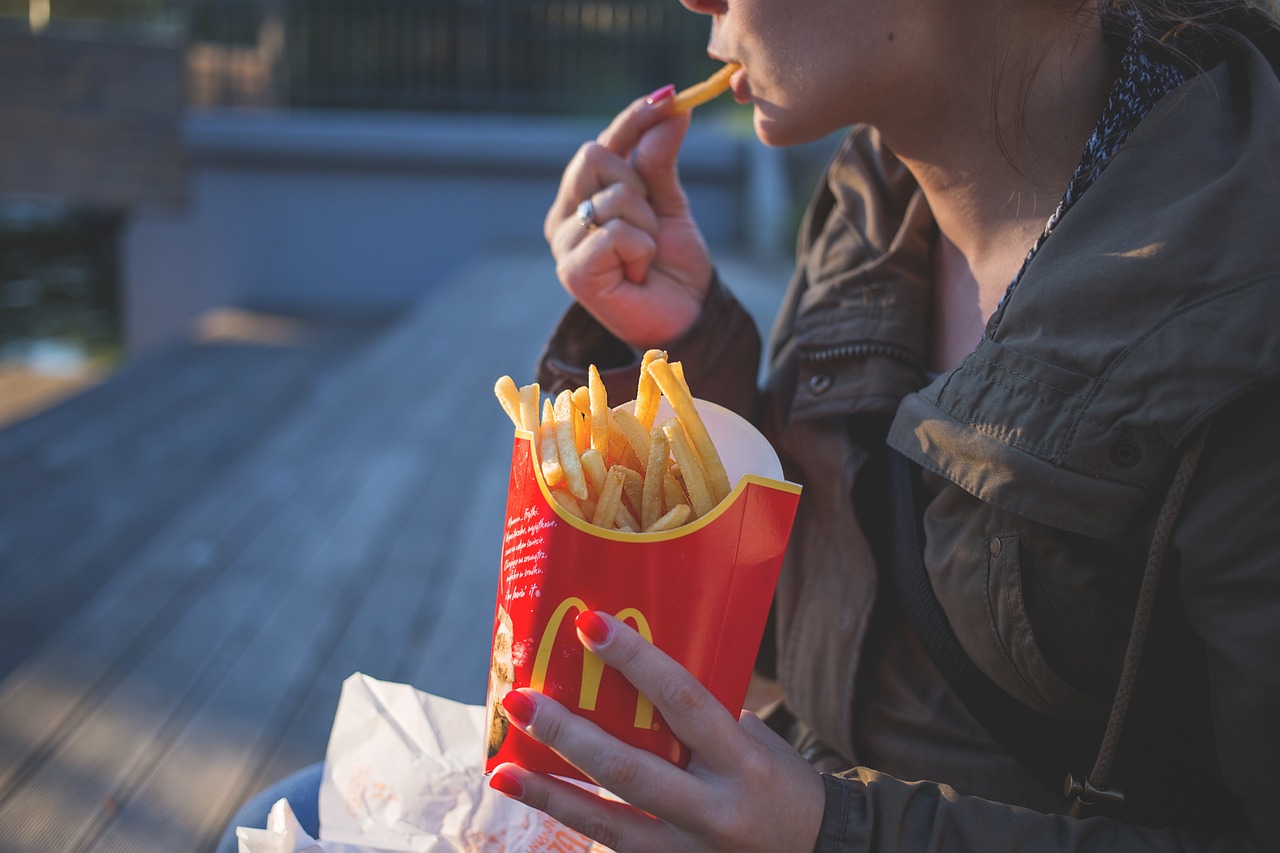A recent article by Silvia Lazzaris raises a pressing question: should governments intervene in the junk food crisis? Junk food is ubiquitous, deeply woven into the fabric of modern diets. With its widespread availability and mounting evidence linking it to adverse health outcomes, one crucial question demands our attention: are governments doing enough to protect us?
Across the globe, some countries are beginning to take action. For instance, Mexico, South Africa, and the UK have implemented taxes on sugary drinks, successfully curbing consumption and compelling companies to reduce sugar content. In Mexico, the sugary drink tax introduced in 2014 led to a 12% decrease in sales within the first year, demonstrating that effective policy can drive healthier choices. Similarly, South Africa’s tax aims to combat rising obesity rates, showing promising outcomes in encouraging more balanced dietary habits.

Europe’s Nutri-Score system serves as a guide for consumers seeking healthier options, providing clear nutritional information on food products. This initiative empowers individuals to make informed decisions while shopping. Meanwhile, Chile has enacted regulations specifically aimed at children, including warning labels on unhealthy foods and restrictions on cartoon marketing. These measures have yielded positive results, improving dietary habits among young people and illustrating that targeted policies can effectively combat unhealthy eating.
The urgency of this issue is undeniable: our health is at stake. However, despite these initiatives, significant challenges remain. Critics often argue that personal responsibility is paramount when it comes to dietary choices, while the food industry frequently pushes back against regulations, fearing economic repercussions. Additionally, certain communities disproportionately bear the brunt of junk food-related health issues, highlighting the need for equitable solutions.
So, how can we advocate for the strong, decisive action required to protect society from the dangers of junk food? Individuals, communities, and organisations must rally to support robust government policies that prioritise public health. This includes backing taxes on sugary drinks, promoting nutritional education, and encouraging healthier food marketing practices.
The battle against junk food is far from over. As we witness the negative impacts of poor dietary choices on public health, it is imperative that governments take bold steps to safeguard our well-being. By implementing effective policies and fostering a culture of health, we can collectively work towards a healthier future.




